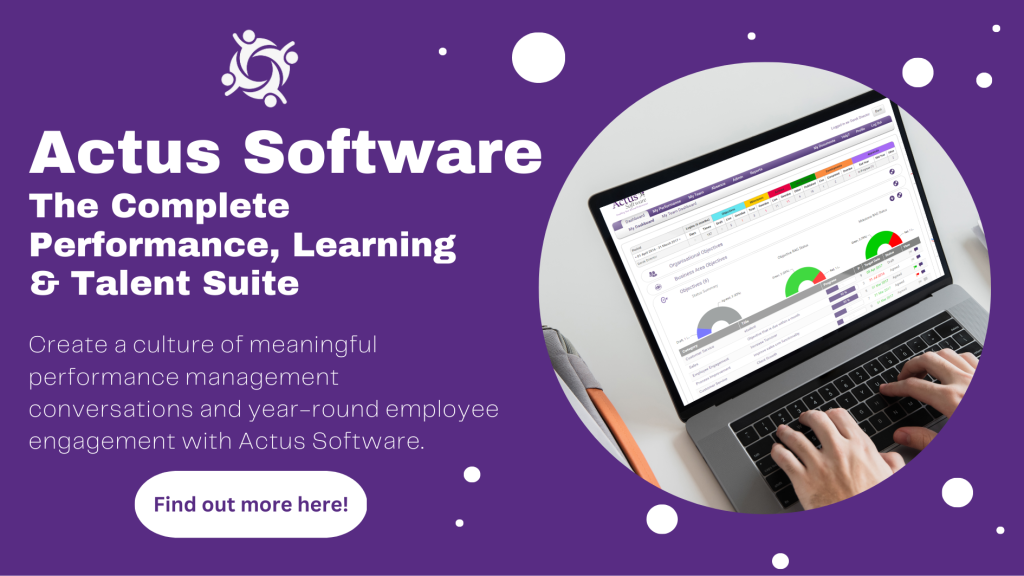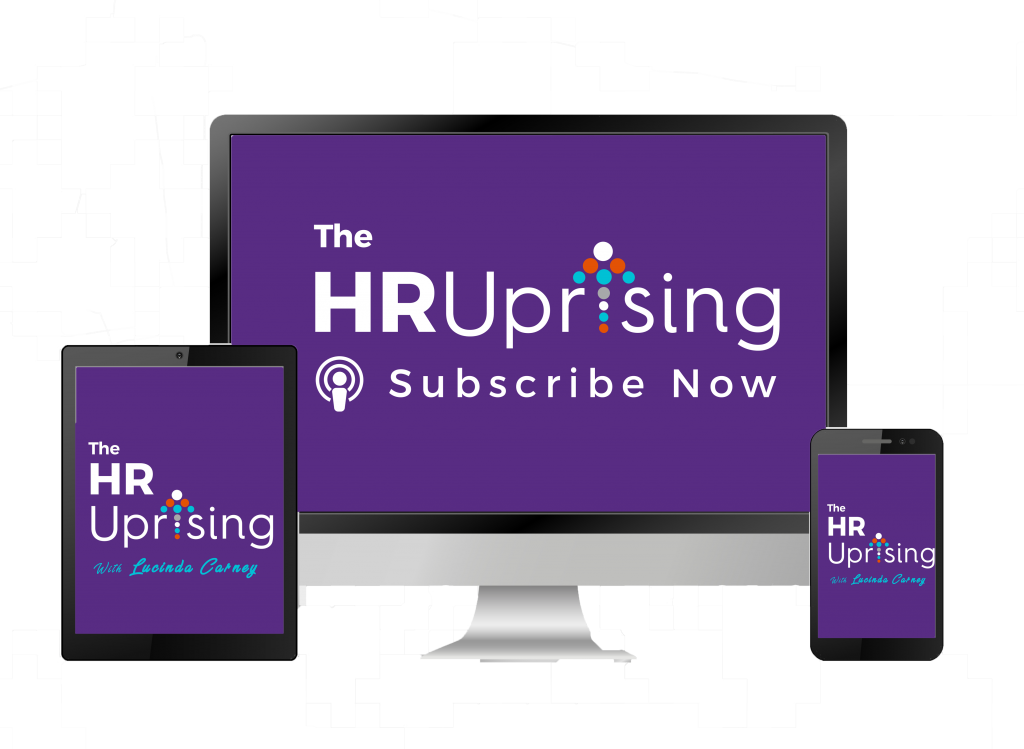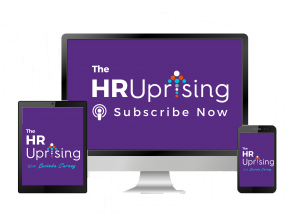Have you ever asked yourself how to deal with underperformance at an individual or organisational level? This Podcast explains how!
If your talent is feeling isolated without clear development plans, Actus 360 Now can provide personalised development find out here more.
Before you label someone as an underperformer, first ask yourself the question: ‘Do I have a definite basis supported by evidence that the individual is an underperformer?’.
There are times that your perception might be rooted in bias or it could just be an inkling. However, it is important that you base everything on the facts and not just your own judgment!
This Episode explains the practicalities of how to deal with underperformance
So, in this episode of The HR Uprising Podcast, Lucinda gives some great insights on how to deal with underperformance.
In this episode of The HR Uprising Podcast, Lucinda provides some real insights into how we can deal with underperformance in the workplace. This has always been a challenging subject for Managers, however, Lucinda provides a concrete and feasible solution in this weeks’ podcast episode. Tune in to discover more!
Key Takeaways
- Facts are superior to your judgments. For example, how can you say that someone ‘lacks commitment’? A considerable reason could be that they have excessive absences.
- Use the CISS Model – Clarity, Individual Attitude, Skill, Surroundings.
- Clarity – Do they understand what do they need to be delivering? Have conversations. Be clear on the objectives.
- Individual Attitude – What motivates them? Understand their passions, their interests—things that will drive them to perform better. Or perhaps there is something going on for them out of the worplace.
- Skill – Some might need filling a skill gap. Train them.
- Surroundings – People around that person might have condoned some of their bad habits. Or, there might be bad influences (i.e. poor leadership). Ask them about it.
- There might also be processes in the company that catalyze such bad performance. For example, in some companies, giving and receiving feedback is not normal and is frowned upon since they think that it might cause them to lose their jobs.
- People need to understand both the metrics for their performance and business strategies, which should be aligned with each other.
- Your workplace can benefit a lot from effective communication between the employees and the employer. For example, initiate conversations about performance through coaching.
Best Moments
- “One of the fundamental principles when dealing with performance issues is being really tough on the facts but completely open-minded about the causes.”
- “The metrics must be aligned with the strategy.”
Valuable Resources

- Join the HR Uprising LinkedIn Group here: https://www.linkedin.com/groups/13714397/
- You can access additional free HR Resources via the Actus Software website link below. Lucinda Carney is the founder and CEO of Actus Software: https://actus.co.uk/free-performance-management-resources/
- Please find links to particularly relevant resources from Actus Software below:
About The Host
Lucinda Carney is a Business Psychologist with 15 years in Senior Corporate L&D roles and a further 10 as CEO of Actus Software where she worked closely with HR colleagues helping them to solve the same challenges across a huge range of industries. It was this breadth of experience that inspired Lucinda to set up the HR Uprising community to facilitate greater collaboration across HR professionals in different sectors, helping them to ‘rise up’ together.
“When we look up we rise up”
Contact Method
- Join the HR Uprising LinkedIn community – https://www.linkedin.com/groups/13714397/
- Email: Lucinda@advancechange.co.uk
- LinkedIn: https://www.linkedin.com/in/lucindacarney/
- Twitter: @lucindacarney
- Instagram: @hruprising
- Facebook: @hruprising
- YouTube:https://www.youtube.com/channel/UCElHrzfM0DVcvS7FuoQtOhw
Subscribe To The HR Uprising Podcast Now:
















Add comment